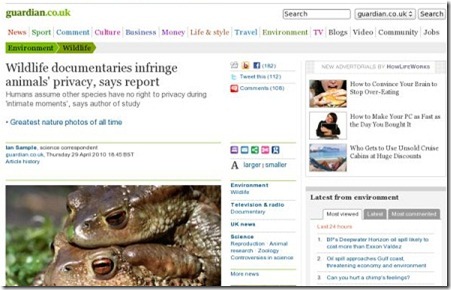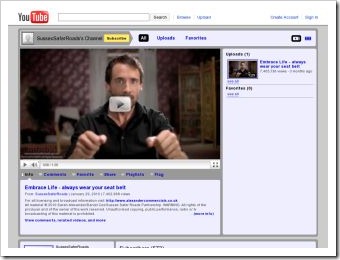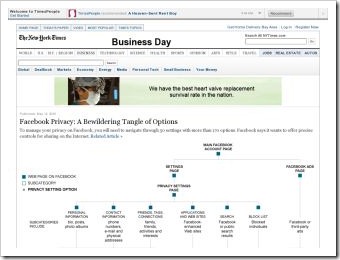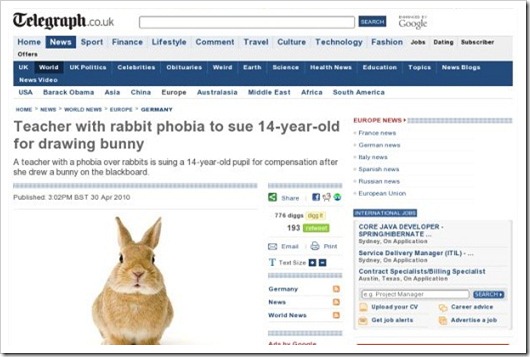A lecturer in film studies from the University of East Anglia believes that animals have a right to privacy [^]. The lecturer, Brett Mills, was stirred into action by the BBC documentary “Nature’s Great Events”.
"The key thing in most wildlife documentaries is filming those very private moments of mating or giving birth. Many of these activities, in the human realm, are considered deeply private, but with other species we don’t recognise that…”
Mr Mills has said that acts that animals retreat from the public eye to perform should stay private. He is also concerned about whether animals are capable of giving consent to having their privacy breached. It seems as though Mr Mills is anthropomorphising, assigning human characteristics or feelings to these animals. It must be remembered that the producers of these programs attempt to limit their impact on the creatures involved in order to obtain as natural a representation as possible.

Seeing animals in their natural environment, and trying to engage the general public in their plight is all part of a growing awareness of environmental issues. Without ground-breaking programs like Life on Earth and Nature’s Great Events the world would be in a much worse state than it is.
Besides there isn’t very much that hasn’t been covered on mainstream television in the human arena, between normal documentaries and Big Brother type “reality” television. And there is scope for debate about informed consent, and how the participants are portrayed with creative editing. This would be a much better focus for ethics in film making.
In the quest for privacy perhaps we should recognise the human right properly first in the modern surveillance state with mobile phone tracking and the profusion of CCTV.




Oil Spill Comes Home
For some people it can be hard to visualise, or understand the spread of the oil spill in the Gulf of Mexico. IfItWasMyHome helps to fix that, it shows current limits of the spill centered on a Google Map [^] anywhere in the world.
Seeing that the spill has spread from Hamilton to Wangaratta certainly came as a shock to me! Moving the spill to Swindon, Wilts, England sees the spill take in the Welsh coast by Milford Haven, the Portsmouth on the English South coast, most of Greater London, and big slice of the Norfolk coast. Anyway that you look at it that’s one big mess to clean-up, and it’s only getting bigger!
via: Londonist [^]